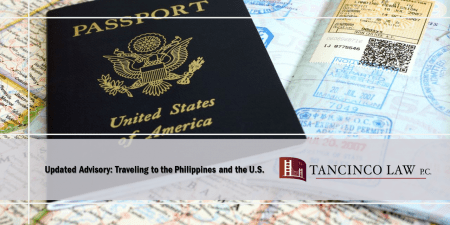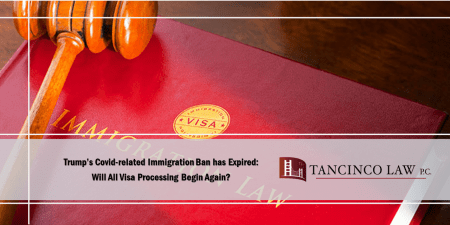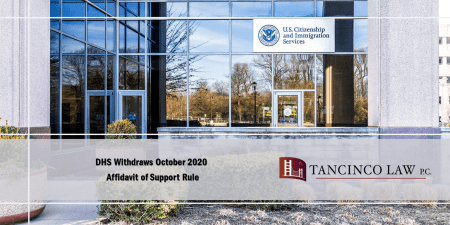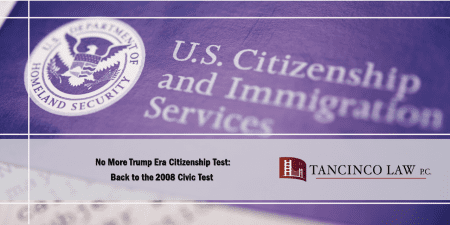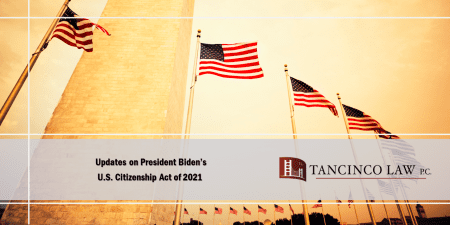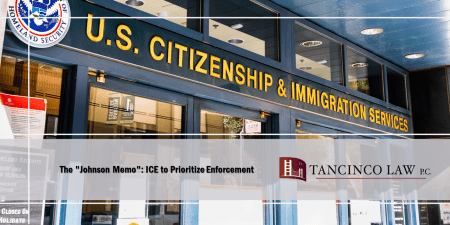Traveling to the Philippines
The Philippine government has suspended the entry of all foreign nationals with certain exemptions through April 21, 2021. In addition, the number of inbound international passengers has been limited to 1,500 per day.
As per the latest directive from the National Task Force Against COVID-19 (NTF), only the following foreign nationals may be allowed to enter the Philippines during the period 22 March – 21 April 2021:
- Holders of 9(e) or 47(a)(2) visas;
- Foreign nationals for medical repatriation and their escort/s duly endorsed by the Department of Foreign Affairs-Office of the Undersecretary for Migrant Workers Affairs (DFA-OUMWA) or the Overseas Workers Welfare Administration (OWWA);
- Foreign seafarers with valid 9c crew list visa;
- Foreign spouses, children, and parents of Filipino nationals who are travelling with them and with valid visas upon entry;
- Foreign nationals with emergency, humanitarian, and other analogous cases approved by the NTF COVID-19.
Foreign nationals who have emergency, humanitarian, and other similar cases may seek approval by sending an email request to:
- Department of Health: ftduque@doh.gov.ph (medical and humanitarian concerns)
- NTF COVID-19: ntfcovid19.foreignrequests@gmail.com
Those who comply with the above and who are allowed to enter the Philippines will have to comply with the mandatory 7 days quarantine upon arrival at approved Department of Health (DOH) facilities. This rule applies despite negative COVID tests upon arrival. On the sixth (6th) day of arrival, the traveler will have to take a mandatory COVID-testing.
Make sure before traveling and before making a hotel reservation that the hotel is an accredited quarantine hotel/facility by the Philippine Department of Health. For a list of accredited quarantine hotels and facilities, travelers should exercise due diligence by researching only on reputable information sources. Or they may contact their airlines for any list of their partner quarantine hotels for recommendation.
Traveling to the United States
All airline passengers traveling to the United States, including U.S. citizens and Lawful Permanent Residents (LPRs), are required to provide proof of a negative COVID-19 viral test or recovery from COVID-19.
Effective January 26, 2021 all airline passengers to the United States ages two years and older must provide either a negative COVID-19 viral test taken within three calendar days of travel or provide a positive test result and documentation from a licensed health care provider or public health official of having recovered from COVID-19 in the 90 days preceding travel. Passengers must also attest, under penalty of law, to having received a negative qualifying test result or to recovery from COVID-19 and medical clearance to travel.
Airlines must deny boarding to passengers who do not meet these requirements. U.S. citizens in countries where adequate COVID-19 testing is not available or may not be able to satisfy the requirements, should depart immediately or prepare to be unable to return to the United States until such time as they can meet the requirements.
(This update is current as of March 22, 2021.)

